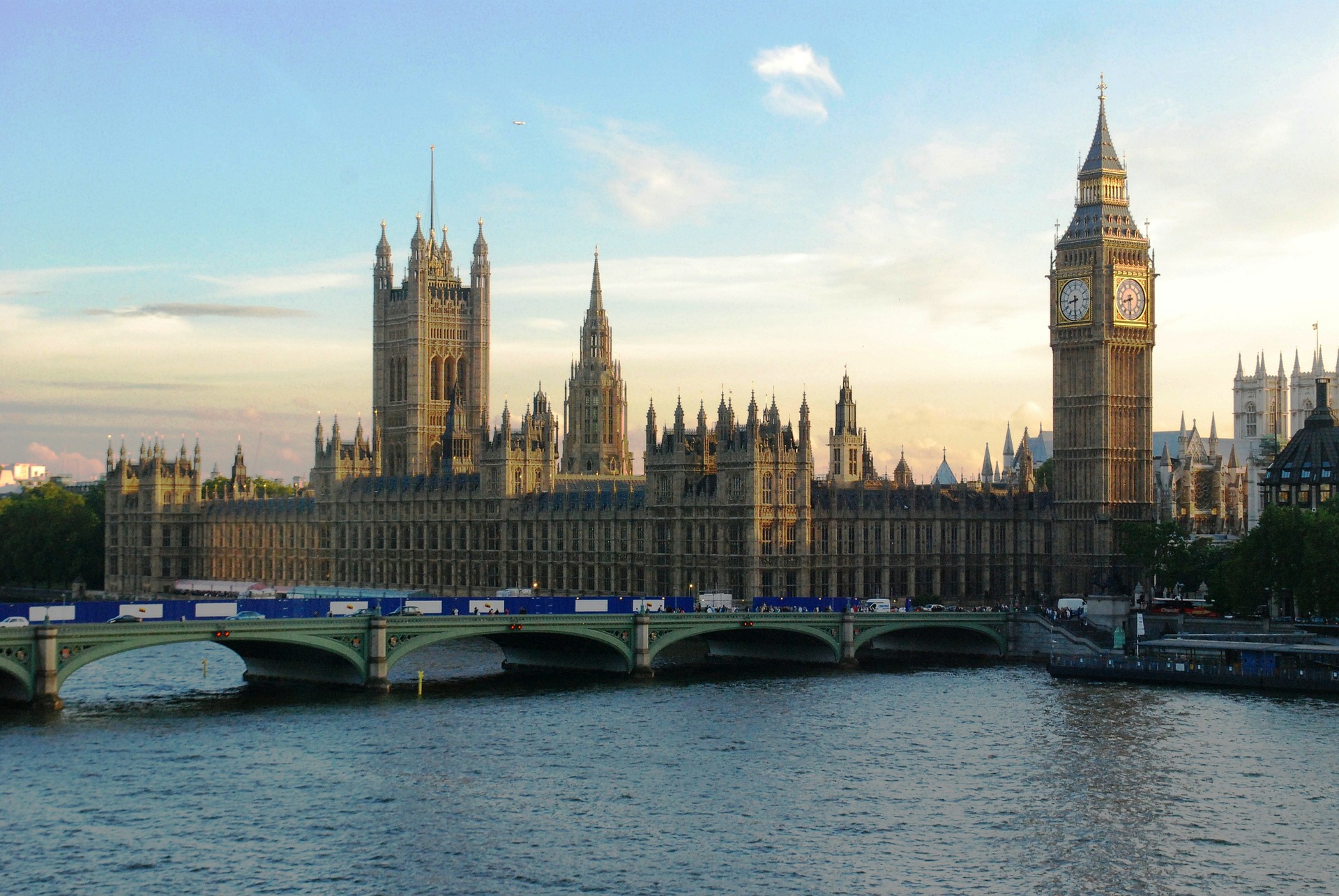
The Repeal of The Human Rights Act 1998
November 22, 2019
Clear the Lobby: What laws are MPs voting on this week (w/c 25 November)?
November 24, 2019Article by Stephanie Anais, law student at Birkbeck, University of London
“How do I become a barrister?” A question that is often asked by hopeful law students who have undertaken a mini-pupillage and are now captivated by the courtroom; or students who put the A* into advocacy during a successful mooting season and are determined to stand up for the great and the good forevermore. But as law students, we must remember that the answer does not lie in how but rather why. “Why become a barrister?” However, for Malcolm Waters QC the reasons were clear from the start….
Malcolm Waters QC was called to the Bar in 1977 and took silk in 1997. He has enjoyed a very successful career as a Chancery barrister, with a particular focus on banking and finance and financial services. He has worked on many interesting reported cases and has co-authored publications, published by Sweet & Maxwell, as well as worked as consultant editor on numerous Halsbury’s Laws of England editions. Some could say what Malcolm Waters QC doesn’t know about his area of the law isn’t worth knowing, which is the reason his advice is so valuable to law students who are debating a profession at the Bar.
I spoke with Malcolm Waters QC to learn about his life as a Chancery barrister and here is what he had to say;
1. Why did you decide to pursue a career in law and why a barrister rather than a solicitor?
I chose law partly because I liked the idea of advising people how to fix problems they faced and partly because it seemed like a good career choice for someone like me who studied arts subjects at A level. I decided to become a barrister because my law tutor thought (and probably rightly in those days) that it would provide a more stimulating intellectual challenge than practice as a solicitor.
2. What advice would you give to law students who are currently undecided as to whether they wish to take the barrister route or the solicitor route? What do you think are the key differences in personality that the bar requires?
Generally speaking, I think the bar is the better choice for people who are interested in advocacy and like to work independently, whereas practice as a solicitor is better suited to people who enjoy working as part of a larger team and like the idea of getting more directly involved in negotiating and implementing commercial and other transactions. The role of the barrister tends to be a more exposed one (particularly when appearing in court), but equally offers the satisfaction of taking the credit (or blame!) for your professional decisions right from the start.
3. How has the legal profession changed since you qualified and how do you anticipate it will change in the next ten years?
One obvious difference is that law firms and sets of chambers are now much bigger and more professionally managed than they were in the past. Another is that lawyers these days have access to powerful online research tools which were undreamt of when I qualified. As to the future, artificial intelligence (AI) seems likely to play an increasing role in carrying out routine transactional work and potentially also in providing alternative means of resolving the simpler kinds of disputes. My expectation is that there will always be a role for lawyers (though probably fewer of them than today) in the core areas of advocacy and the provision of advice.
4. Some of our readers might be familiar with the concept of a solicitor progressing to partnership within a law firm but may not fully understand what it means to be a QC, can you give us a brief explanation of what being a QC involves?
These days, appointment as a QC (or ‘taking silk’ as it is called) is intended to mark someone out as an advocate who has demonstrated their ability to take on cases of particular difficulty, complexity or sensitivity. Because of the emphasis on advocacy, taking silk is not necessarily a natural progression for barristers in the same way that appointment as a partner would normally be for solicitors. So, for example, a barrister may be an acknowledged expert in a particular field of law but not be eligible for appointment as a QC because their practice is focused on advisory or drafting work and they have limited advocacy experience. There is also a degree of risk in taking silk, which means that some practitioners who do have the necessary experience in advocacy choose not to apply to become a QC. As against that, barristers who want to apply for silk do not face the problem of finding their career path blocked by a top-heavy partnership structure which only offers limited opportunities for talented associates to progress to partnership.
5. What are the biggest challenges you have faced in your career and how have you overcome them?
Two big challenges in my area of practice (the supply of financial services to consumers) have been, first, the speed and complexity of change in relevant legal and regulatory requirements and, secondly, increasing competition from large law firms. I attempted to meet these challenges by co-editing a regularly updated legal textbook which covered the main areas of my professional practice – something which both required me to keep myself up to date in those areas and enabled me to publicise the fact that I was doing so (though sadly only to a very small readership!). Malcolm, you’re too modest!
6. Increasing diversity at the bar is a hot topic at the moment, how do you think that this can be achieved?
The process of increasing diversity at the Bar has picked up speed in recent years as a result of professional rules explicitly targeted at promoting equality and diversity – for example, by requiring all members of selection panels to be trained in fair recruitment processes. It is important that the bar works to combat the still common (but wrong) perception that it is an elitist profession where people from socially disadvantaged backgrounds or ethnic minorities will not be welcomed. Some valuable initiatives are being taken to encourage school students from under-represented groups to find out more about the bar and give it serious consideration as a future career. In time, I am sure that these programmes will bear fruit in widening the pool of talent from which the bar draws its future members.
7. A key concern of aspiring lawyers is increasing their commercial awareness for training contract and pupillage interviews. What advice do you have for aspiring lawyers about how to increase their commercial awareness, and what is your favourite way of keeping up to date with current affairs?
It’s obviously a good idea to do a bit of research on a law firm or set of chambers before going to an interview for a training contract or pupillage interview there. The firm’s or set’s website is a good place to start, and it should be possible to get some useful background information on the firm or set and its leading practitioners in the areas you’re interested in from one of the legal directories (e.g. Chambers or the Legal 500, both accessible online). Awareness of what is going on in the commercial or business world more generally will be more important for candidates looking for a training contract or pupillage in a firm of set which focuses on commercial law rather than, for example, family law. For my part, my favourite sources of news and analysis on current affairs are the Today programme on Radio 4, the Times newspaper and the BBC news website.
Malcolm Waters QC has been a leading lawyer throughout his entire career. He has been a shining example of a true advocate; a role model; and has led countless people to justice. On behalf of everyone at The Student Lawyer, I would like to thank you for taking the time out of your day to answer our questions, for sharing your valuable advice with our readers; and for that day when you decided to become a barrister.





